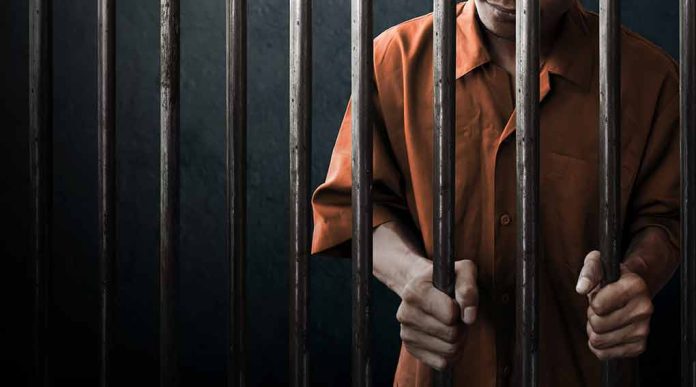
After 30 years behind bars for a crime he didn’t commit, Michael Sullivan’s newfound freedom illuminates a dark chapter in the criminal justice system.
At a Glance
- Michael Sullivan spent nearly three decades in prison for a wrongful conviction.
- DNA evidence led to his exoneration and a $13 million jury award.
- The jury’s award challenges Massachusetts’ $1 million cap on compensation.
- Sullivan aims to secure his family’s financial future and heal from past traumas.
A Long Road to Justice
Michael Sullivan was convicted in 1986 for the murder and robbery of Wilfred McGrath, a crime he did not commit. His conviction heavily relied on the testimony of another suspect, Gary Grace, who struck a deal for leniency. A purple jacket was also central to the prosecution’s case, with claims of blood evidence. However, modern DNA testing in 2011 negated these insinuations, showing no blood or McGrath’s DNA on the garment, undermining the prosecution’s story.
Despite this revelation, Sullivan remained imprisoned until 2013 when a Massachusetts court ordered a new trial. Choosing not to retry, the state finally released him in 2019. The journey to freedom marked a colossal struggle against systematic injustices, exacerbated by the misconduct of individuals like Robert Pino, a chemical analyst involved in the original case, who fabricated vital evidence leading to Sullivan’s wrongful conviction.
A Life Rebuilt and a Legal Battle
Recently, a Massachusetts jury awarded Sullivan a staggering $13 million as compensation for his time in prison. This landmark decision tests the state’s legislative cap of $1 million for wrongful convictions, sparking discussions on reform. Sullivan now dedicates his time to ensuring the financial well-being of his nieces and nephews, while also seeking therapy and educational support for his reintegration into society.
“The most important thing is finding me innocent of the murder, expunging it from my record. The money, of course, will be very helpful to me,” said Sullivan.
Sullivan’s release thrust him into a world starkly different from the one he once knew, compounded by loss and trauma. During his years of incarceration, he lost several family members and suffered numerous violent assaults. Despite these challenges, Sullivan permits glimpses of optimism, primarily through the company of his sister, and plans a brighter future with the jury award as a starting point.
Hope and Reflection
The Massachusetts attorney general’s office is evaluating potential appeals to the jury’s verdict while advocating within the legal framework that led to Sullivan’s wrongful conviction continues. This high-profile exoneration case sheds light on critical shortcomings within the justice system, necessitating a reevaluation of how such grave mistakes occur and persist.
Sullivan’s story remains a poignant reminder of the resilience of the human spirit and the tireless pursuit of justice. His fight, though unique, echoes the experiences of many others caught in similar predicaments—a testament to the imperative of justice reform in safeguarding the liberty of individuals and upholding the principles of truth and fairness for all.














